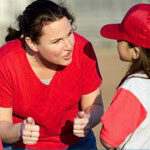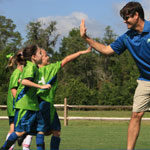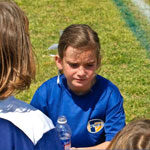Parents: Helping Sports Kids Return to Sports After Injury
Overcoming Fear of Reinjury in Youth Sports A sports parent asks: “I notice my children tend to take a long time to mentally rebound after an injury, often not returning to regular form for weeks or months. Is this normal, and is there anything I can do about it?” Returning … Read Sport Psychology Tip






